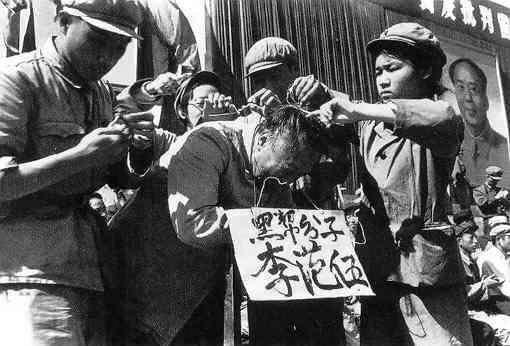Monday I faced one of those mundane and often unwelcome features of American life: a summons to serve jury duty. We had a wonderful court clerk who explained the whole procedure to us. He spoke with a lot of humor and got a lot of laughs. I could see that, in the line of duty, he tries really hard to entertain people.
The people around me looked really bored. They dreaded jury duty, looking forward to an opportunity to get out without real jury work and complaining to each other when they had the chance.
Sitting next to me was an attorney. She offered me gum, went out to buy coffee and brought me tea, and shared her newspaper with me. We tried to kill the time.
At around 3:15, the court clerk called for our attention. Those of us left in the room gathered closer to him. He warned us not to make noise, then he told us to go home, no need to come back tomorrow. The whole room was filled with excitement. Because of his warning, everyone resisted the urge to scream or yell, or applaud like at a sports event.
As I walked outside the court, I realized that I had joined the people there in their complaining. We looked forward to the end of this jury duty, we showed absolutely no interest in it. The unspoken thought was that our lives would be better without any real jury work.
I emigrated from China. My uncle and his children all work in courts. My uncle held the highest position in the court of my city. We know very well that, in China, court is just a show. The result of a trial in China depends on one’s connections to a government official or court personnel.
Years ago, a friend of mine in China sent information on human rights violations to American reporters and he ended up in jail for 10 years. Of course, he was not allowed to have a lawyer. The trial was a procedure to announce his sentence and intimidate his family members—not to determine his guilt or innocence.
It is because of the freedoms guaranteed in the United States that I immigrated here. Here I can choose my beliefs. Here I can curse the communists. Here I can get a lawyer if there is any trouble. These are the basic freedom my friends in China had fought for, and that we in America take as par for the course.
It scared me for a moment that I did not take this jury duty seriously. An innocent person might be putting all his hope on a jury.
I have forgotten people in many other countries do not have this privilege. I have become an American. Like many American people, I have been taking freedom here for granted.
I enjoyed my jury duty day after all. Although I complained, I realized that it is not only a duty, but actually a right under the banner of America’s freedom.
Diana Zhang lives and works in New York.




